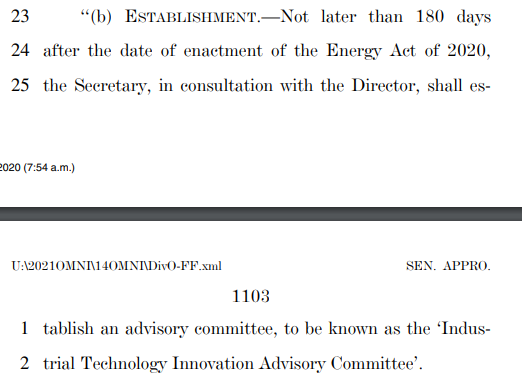
🧵New IPCC scenario evaluation paper
A thread with points of agreement, disagreement & one big mistake
The new paper is Pedersen et al 2021, a welcome addition to the literature (especially because it confirms our work in @matthewgburgess et al 2020)
sciencedirect.com/science/articl…
A thread with points of agreement, disagreement & one big mistake
The new paper is Pedersen et al 2021, a welcome addition to the literature (especially because it confirms our work in @matthewgburgess et al 2020)
sciencedirect.com/science/articl…
Agreement:
IPCC scenarios -- notably RCPs & SSPs as basis for much current climate research -- overestimated GDP growth & CO2 emissions
Difference:
P21 looks at GDP
B20 looks at GDP/capita
Difference:
P21 looks only at "marker" scenarios
B20 looks at all IPCC baseline scenarios
IPCC scenarios -- notably RCPs & SSPs as basis for much current climate research -- overestimated GDP growth & CO2 emissions
Difference:
P21 looks at GDP
B20 looks at GDP/capita
Difference:
P21 looks only at "marker" scenarios
B20 looks at all IPCC baseline scenarios
One lesser error:
The paper confuses RCP RF pathways with RCP scenarios
It is a common error as we explain in PR21: sciencedirect.com/science/articl…
Burgess et al evaluates the RCPs: iopscience.iop.org/article/10.108…
The paper confuses RCP RF pathways with RCP scenarios
It is a common error as we explain in PR21: sciencedirect.com/science/articl…
Burgess et al evaluates the RCPs: iopscience.iop.org/article/10.108…

Agreement:
IPCC baseline scenarios are "problematic" and best used as "counterfactuals" (i.e., not the real world)
IPCC baseline scenarios are "problematic" and best used as "counterfactuals" (i.e., not the real world)

Agreement:
"it may be worthwhile to analyze discontinuous futures related to historical and future crises (as illustrated by the current Covid-19 situation)"
Another @matthewgburgess et al paper takes on this issue quantitatively (preprint: osf.io/preprints/soca…)
"it may be worthwhile to analyze discontinuous futures related to historical and future crises (as illustrated by the current Covid-19 situation)"
Another @matthewgburgess et al paper takes on this issue quantitatively (preprint: osf.io/preprints/soca…)
Disagreement:
"our analysis shows that long-term global emission development is relatively close to the middle of the scenario ranges"
This is a qualitative statement based on a handful of baseline scenarios
B20 looked at this quantitatively wrt 100s of IPCC baseline scenarios⬇️
"our analysis shows that long-term global emission development is relatively close to the middle of the scenario ranges"
This is a qualitative statement based on a handful of baseline scenarios
B20 looked at this quantitatively wrt 100s of IPCC baseline scenarios⬇️

Major error
Figures 1A & 3 have different values for 2020 global CO2 (as shown below, blue versus green lines))
This error plus the implausible assumption of future 1/7%/yr CO2 growth makes scenarios appear to be more "on track" than they actually are ...
Figures 1A & 3 have different values for 2020 global CO2 (as shown below, blue versus green lines))
This error plus the implausible assumption of future 1/7%/yr CO2 growth makes scenarios appear to be more "on track" than they actually are ...

Burgess et al 2020 show clearly that CO2 emissions in the real world are on track to fall below the entire AR5 baseline range & lower than all SSP markers except SSP1-2.6
iopscience.iop.org/article/10.108…
iopscience.iop.org/article/10.108…

Pedersen et al 2021 is a welcome addition to the literature
It confirms the recent work of Burgess et al 2020
It shows that for IPCC scenarios to get back on track, CO2 emissions will have to be much higher than currently projected to occur
It confirms the recent work of Burgess et al 2020
It shows that for IPCC scenarios to get back on track, CO2 emissions will have to be much higher than currently projected to occur
For further reading:
Burgess et al 2020: iopscience.iop.org/article/10.108…
Burgess et al (preprint): osf.io/preprints/soca…
Pielke & Ritchie 2021: sciencedirect.com/science/articl…
/END
Burgess et al 2020: iopscience.iop.org/article/10.108…
Burgess et al (preprint): osf.io/preprints/soca…
Pielke & Ritchie 2021: sciencedirect.com/science/articl…
/END
• • •
Missing some Tweet in this thread? You can try to
force a refresh












